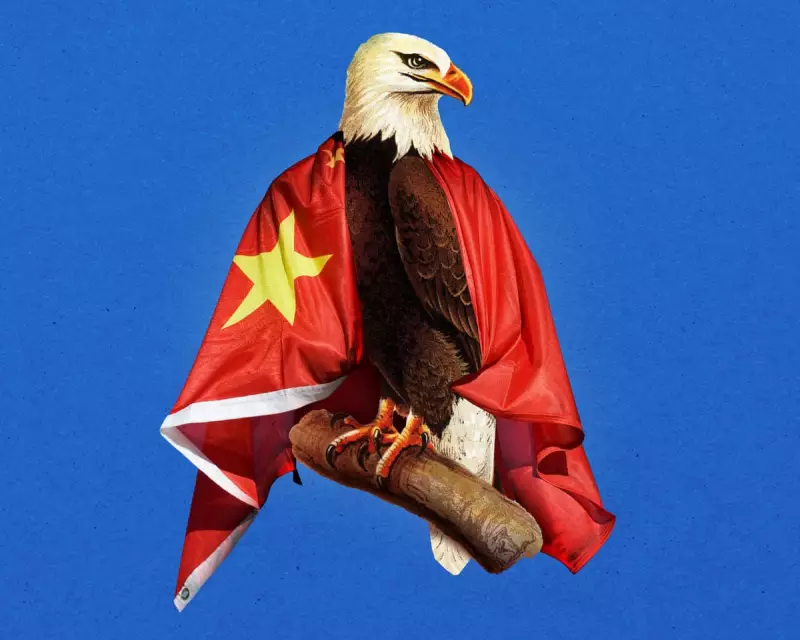
From across the Pacific, Chinese citizens and political observers are watching the transformation of American society under Donald Trump's administration with a chilling sense of recognition. The cultural shifts unfolding in the United States bear an uncanny resemblance to experiences many Chinese lived through during their own country's turbulent periods of ideological purification.
The Unsettling Familiarity of Political Purges
As Trump launches his "Patriotic Reawakening" initiative, Chinese commentators note striking parallels with historical campaigns that reshaped their society. The systematic removal of officials deemed insufficiently loyal, the rewriting of educational curricula to align with nationalist narratives, and the public shaming of cultural figures who deviate from approved messaging—all feel hauntingly familiar to those who studied or lived through China's political transformations.
Educational Overhaul: Rewriting History in Real Time
One of the most jarring parallels for Chinese observers is the rapid transformation of American education. The implementation of the "1776 Curriculum," which emphasises patriotic education while downplaying historical complexities, mirrors approaches China has employed for decades. The purge of educators who resist these changes particularly resonates with those who witnessed similar ideological cleansing in academic institutions.
"It's like watching our history play out in a different country," remarked one Chinese academic who requested anonymity. "The methods, the rhetoric, even the targets—it's all strangely recognisable."
Cultural Enforcement Through Economic Pressure
The Trump administration's use of economic tools to enforce cultural compliance—from threatening the tax-exempt status of universities to pressuring corporations to align with administration values—echoes tactics that Chinese citizens know well. The blending of political and corporate power to shape cultural expression creates a dynamic that many in China have learned to navigate throughout their lives.
The Nationalist Resurgence: America First as Ideology
The vigorous promotion of nationalist sentiment in Trump's America, complete with prescribed displays of patriotism and suspicion of foreign influence, strikes many Chinese observers as mirroring their own country's longstanding approach to national identity. The administration's framing of political dissent as un-American particularly resonates with patterns familiar to those living under single-party rule.
What Chinese commentators find most remarkable is seeing these mechanisms deployed in a country that long positioned itself as their antithesis—a nation that championed individual rights and cultural pluralism now embracing approaches that Americans once criticised in other systems.
A Cautionary Tale or Historical Inevitability?
For some Chinese observers, America's transformation serves as validation of their belief that all nations eventually converge toward similar mechanisms of control when facing internal divisions. Others watch with concern, recognising that the erosion of democratic norms in the United States removes a crucial counterweight in global politics.
The spectacle of Americans enthusiastically participating in their own cultural revolution—cheering on the purges, embracing the nationalist fervour, and attacking institutions they once revered—provides both fascination and foreboding for those who know where such paths can lead.





